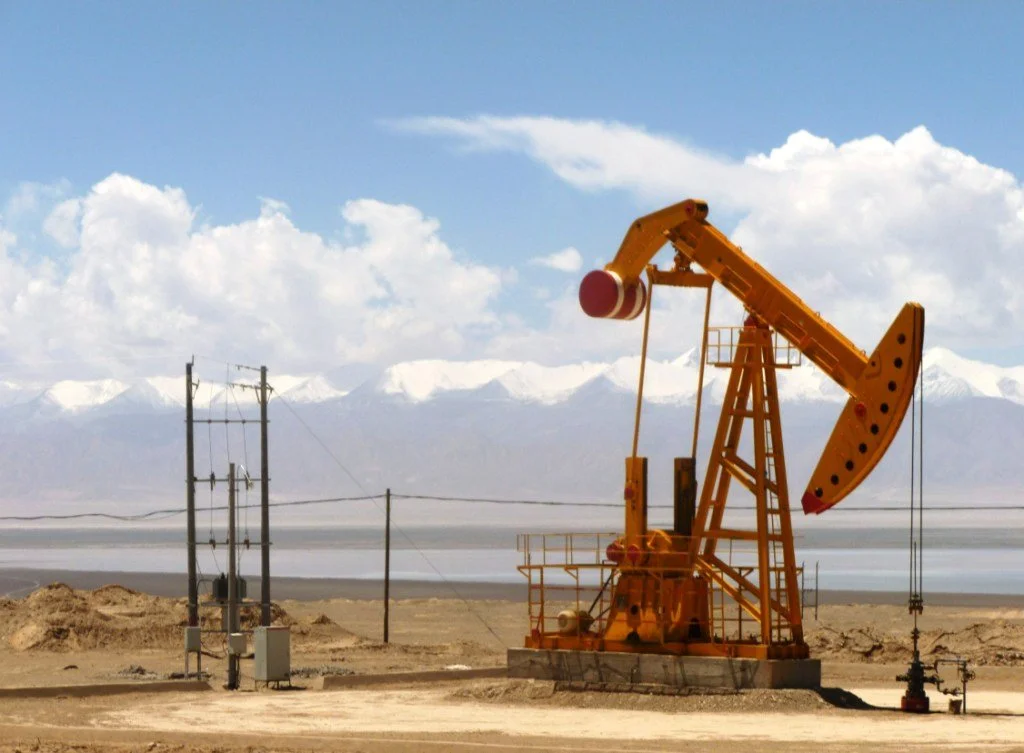Drill, Baby, Drill — But for Namibians First: A New Vision for African Energy Sovereignty
At the opening of the 7th Namibia International Energy Conference (NIEC) in Windhoek this week, the tone was unmistakable: Namibia, and Africa more broadly, will chart its own course toward energy independence, economic prosperity, and a just, inclusive transition—on African terms. The message from regional leaders, policymakers, and industry champions echoed with urgency and pride, crystallized in the words of African Energy Chamber (AEC) Chair NJ Ayuk: “Prime Minister, produce every drop of hydrocarbons you can find and better the life of your people. And I urge the industry to do one thing and one thing only: Drill, baby, drill.”
That rallying cry—delivered during a keynote address on Day One of the conference—was more than rhetoric. It was a call for unapologetic action, grounded in the continent’s present realities: 600 million Africans without access to electricity, 900 million without access to clean cooking technologies—most of them women. “We need to take that into context as we discuss oil, gas or energy,” Ayuk stressed. “I know some talk about low carbon, but there's nothing to decarbonize if you're not carbonized.”
For Namibia, now a focal point of global exploration interest thanks to the string of offshore discoveries in the Orange Basin by TotalEnergies, Shell, and others, the moment is existential. Not merely for energy security, but for a national transformation. A transformation that insists on local content—not as an accessory to investment, but as its foundation.
Local Content as the New Oil
In a resonant speech, Prime Minister Dr. Elijah Ngurare made Namibia’s priorities abundantly clear: this will not be a story of extract-and-export. Instead, it is a vision where Namibians lead and benefit from every level of the energy value chain. “Our goal is to enable meaningful Namibian involvement by building skills, supporting local businesses, and fostering an environment where talent and enterprise can thrive.” Ngurare said. “Just as important, local content also includes value additions such as developing downstream capacity and infrastructure like refinery and promoting ownership and meaningful participation of local companies in the sector. As our national capacity expands, so too will our ability to contribute meaningfully across the entire energy value chain, guided by partnership, readiness, and shared value.”
Ayuk was emphatic: “Namibians must never apologize for pushing local content legislation and policies because it is right. We cannot have an industry that local content is not part and parcel. Don’t back down. Give Namibians every right to be at the table, to be in those rooms. That’s how we drive our industry—and our industry is better for it.”
From Resource Curse to Regional Powerhouse
Namibia’s ambition is not to repeat the missteps of other hydrocarbon-rich nations that failed to convert natural bounty into shared national prosperity. With its emerging position as a frontier market, the country is positioning itself not just as an oil province, but as a developmental catalyst for the Southern African region. "Namibia and Africa have an energy deficit, and our message is clear: we must develop every drop of hydrocarbons to power our people,” said Ayuk. “Namibia deserves to produce all the oil or gas that has been developed in this country—not for greed, but for growth.”
Indeed, the current discourse around climate change and decarbonization, while important, often glosses over this stark imbalance. “Some say we must transition to green energy,” Ayuk acknowledged. “But I don’t really understand that yet. I’m still learning. What I do know is that energy is what has driven humanity. It is what has made developed nations what they are today. We cannot tell a nation like Namibia—still trying to develop—to abandon that.”
Sustainability on African Terms
The NIEC’s 2025 theme—“Leading the Way: Becoming an Energy Hub with In-Country Value”—was no accident. It reflects a growing consensus across Africa: that a just energy transition must include oil and gas as engines of development, and that sustainability must be built with local agency, not external dictates.
That pragmatic stance will take center stage again in September during African Energy Week (AEW 2025) in Cape Town, where Namibia will be spotlighted as a model for integrating local participation with investor confidence. AEW, described as the "official place to sign deals in African energy," is expected to accelerate Namibia’s push to move from discovery to production—without delay, and without compromise on sovereignty.
“We’ve seen African nations make discoveries but fail to produce due to instability,” Ayuk noted. “We must learn from those mistakes. We don’t want Namibia to repeat the delays experienced elsewhere.”
From Windhoek to the World
As Namibia steps onto the global stage with its energy future in sharp focus, the stakes are clear: not only must it produce, it must transform. The hydrocarbons beneath its soil are not an end in themselves, but a means to rewrite its economic and developmental story. To do so, the country is embracing a policy model built on inclusion, infrastructure, education, and national pride.
The world may be watching Namibia’s next moves. But Namibia, it seems, is determined to move on its own terms.

